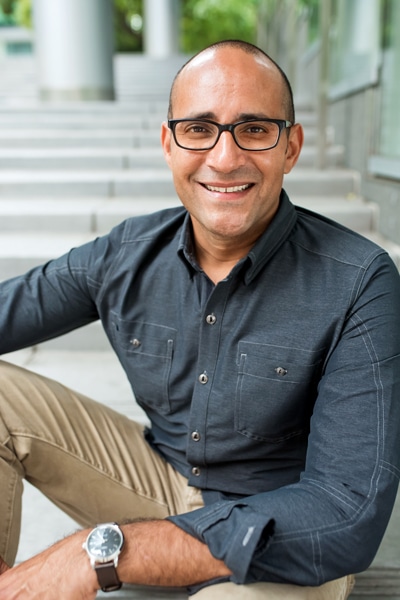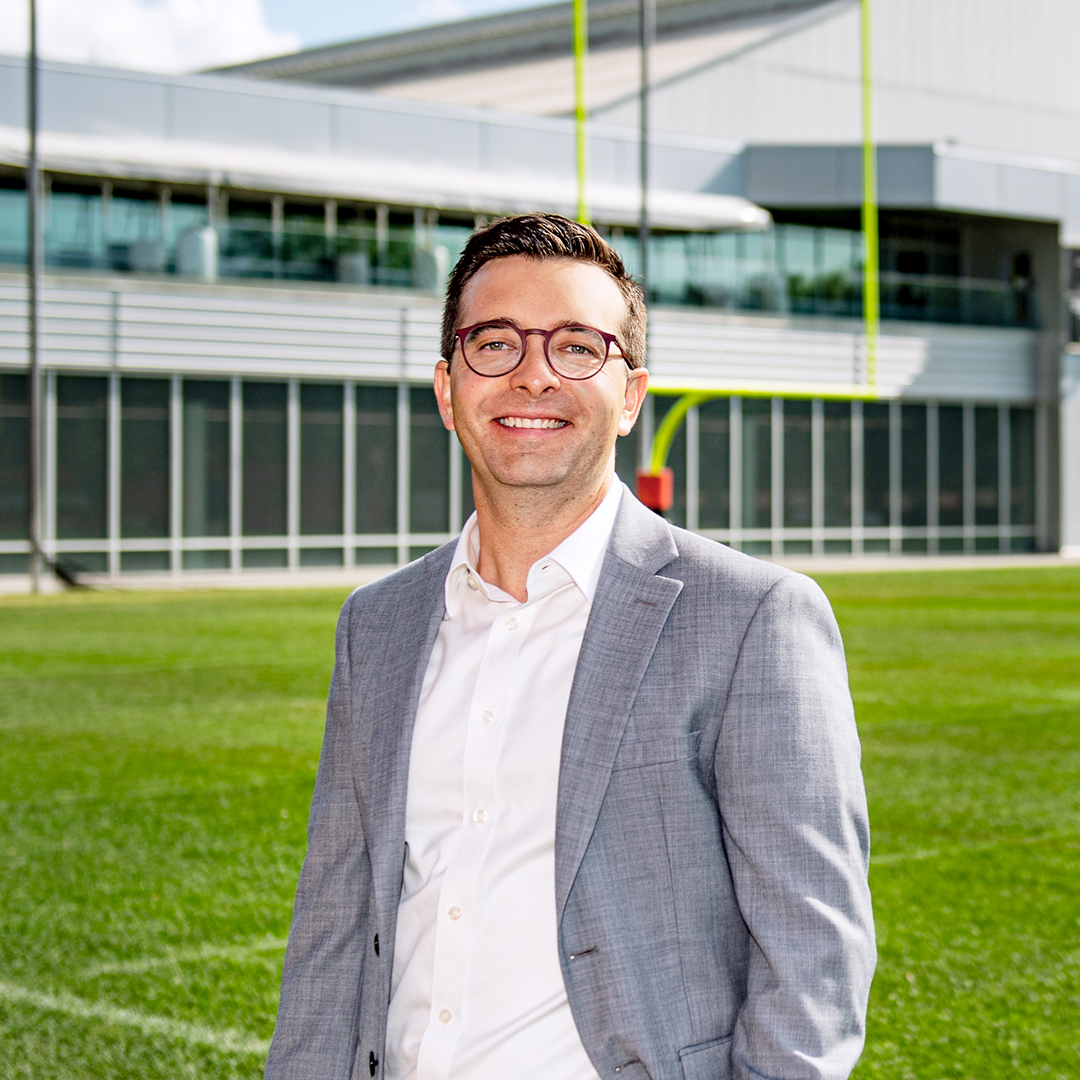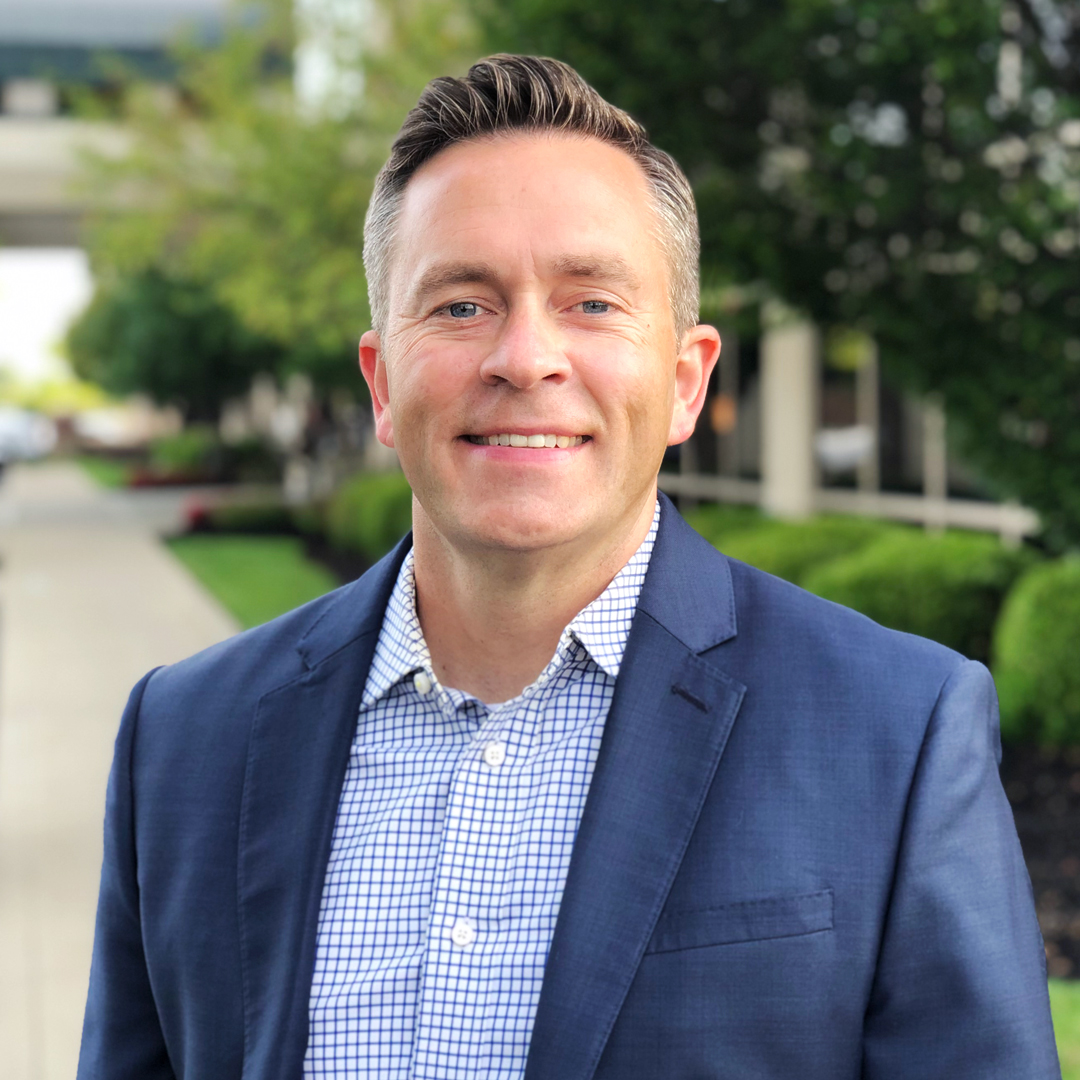There are more webpages on the internet than stars in our galaxy. Each day, Google explores a vast universe of content, sifting through tens of trillions of websites. Like a NASA executive preparing for the discovery of extraterrestrial life, Adam Barea braces Google for what web surfers may find.
“If you assume that 1 percent of all webpages is ‘bad’ content, you’re still in the billions,” says Barea, legal director at Google. “Of that 1 percent, if Google suppresses, demotes, or removes 99 percent of it—just from a pure raw numbers perspective—you’re still talking about millions of bits of content that are ‘bad.’”

Barea’s team helps mitigate against high-risk third-party content—financial scams, rogue online pharmacies, human trafficking—that might appear across Google’s platforms. They proactively identify content that, down the line, may pose a threat to users. And ultimately, the company tries to do something about it.
Because Google is a company built on trust—its maps accurately guiding users to their destinations, its email servers reliably delivering user correspondence, and its search engines producing secure and helpful results—Barea’s team helps maintain Google’s trustworthiness.
“We’re never going to keep out 100 percent of the bad stuff from our platforms,” Barea admits. “But if we in advance go above and beyond and work hard to keep out 99 percent of it, we become a more credible voice.”
By fostering user trust, Barea’s team can effect change—even save lives. The team works with external partners like the Substance Abuse and Mental Health Services Administration to learn more about the opioid crisis, particularly whether users engage in online opioid exchange. Barea’s team has analyzed publicly available data sources like the annual National Survey on Drug Use and Health and partnered with companies like Mastercard to better understand how website operators appearing in search results for “buy [opioid]” queries interface with the public.
The team discovered that most of those sites promote fraudulent nondelivery scams and most misused opioids come from offline sources—the result of a decades-long overprescription problem, not the internet. Nevertheless, Barea’s team rallies Google to leverage its platforms and find impactful ways to help its users deal with the epidemic.
Under Barea’s leadership, and with the strong support of senior executives, Google partnered with the Drug Enforcement Agency (DEA) on Take Back Day—an initiative aimed at providing a safe, convenient, and anonymous means of disposing prescription drugs—by using Google’s homepage to advertise the campaign and to direct users toward maps highlighting drop-off centers. The idea came from one of Barea’s teammates, Aura Navarro-Abreu, who recognized that getting legitimately prescribed opioids out of people’s medicine cabinets could, at scale, reduce overall misuse by reducing availability.
“Just by shining a spotlight,” Barea says, the DEA effort’s produced astounding results after Google’s promotion, which launched in April 2018. Search inquiries for Take Back Day skyrocketed, and the DEA collected and destroyed close to one million pounds of potentially dangerous expired, unused, and unwanted prescription drugs, making it the most successful event in DEA history.
Similar plans are in the works for related initiatives, most notably for National Recovery Month. Rather than focus solely on supply, Barea and his team hope to tackle the shame and stigma surrounding addiction. “Addiction is a chronic disease, and we already know that recovery is possible for anyone, especially when family is involved. What happens if a company like Google shines a light on people struggling with addiction, highlighting for them and their families that recovery is indeed possible and that addiction is a treatable disease?” Barea asks.
“We’re never going to keep out 100 percent of the bad stuff. But if we in advance go above and beyond and work hard to keep out 99 percent of it, we become a more credible voice.”
Barea acknowledges that, when it comes to public opinion, the entire tech industry is facing new challenges. “We no longer get the benefit of the doubt,” he says. “We have to earn it.” Tech companies must do a better job of explaining that “nothing is truly neutral, as algorithms are obviously designed with the intent of producing ‘relevant’ results.” Despite any connotations of bias associated with “content moderation,” its functional purpose is about helping web users find useful information while limiting any indirect harm to which third-party content might contribute.
“If you were to search ‘teen drug addiction’ on Google search, what you’ll see is a OneBox for the Partnership for Drug-Free Kids,” Barea says. “That is a feature we included because we understood sometimes parents feel overwhelmed by the information they are finding on the web, and they want to have a conversation with someone that can help them.” According to Barea, the average first call is forty-five minutes, with an average of six follow-up calls.
The crux of Barea’s work centers around the idea that Google’s services should help—not hurt—its users. By working across functions to more holistically address third-party “bad content” appearing on Google’s platforms while striving to surface credible content that helps users, such as those dealing with issues firsthand, Barea’s team is living up to Google’s mission of “helping everyone find the information they need.”
When he was hired in 2007, Barea could have never foreseen that Google, a company that at that time employed seven thousand people, would grow into a tech giant of nearly one hundred thousand. Foundational changes in the internet transformed Google into a fundamentally ubiquitous human tool. As the brand strengthened, so did its potential for world-altering impact, and Barea and his team are dedicated to maximizing such potential for the benefit of all users.
***
WilmerHale:
“Adam is a deep strategic thinker who sees opportunities where others only see problems and has an eye for the telling details on which cases turn. I always learn something when I work with Adam.”


